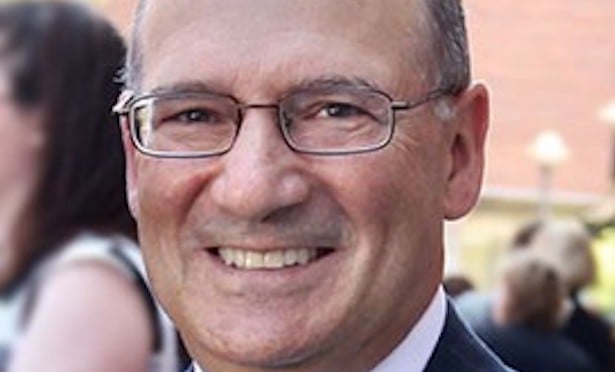 Michael Wasylenko, professor at Syracuse University Maxwell School of Citizenship and Public Affairs
Michael Wasylenko, professor at Syracuse University Maxwell School of Citizenship and Public Affairs
NEW YORK CITY—Economic development programs require sustained support with horizons of 20 years, according to Michael Wasylenko, a professor at Syracuse University Maxwell School of Citizenship and Public Affairs. As a presenter at the Citizens Budget Commission conference on economic issues facing New York state, he emphasized fiscal and job programs are not quick fixes where results can occur in one or two years.
He warned that economic development efforts are not alleviating poverty. In upstate New York 49% of the people live below the poverty line, where the statistic is even greater for people under the age of 18, he said.
With the state's trends, the professor relayed that job growth was robust for the very high and very low wage earners but weak for middle income workers.
The non-profit, nonpartisan organization CBC was formed in 1932 as a research organization to analyze government financing and policies. So what's working and what's not?
New York provides examples relevant to practically all states. New York has emphasized the need to build its different regions' unique, existing strengths. Plans that focus on large cities where there are clusters of talent and job opportunities are drivers for growth. They bring together leaders in government, business, and communities. The successful programs will also implement training and employment at multiple skill levels.
Wasylenko commended the Regional Economic Development Councils. This program organizes stakeholders, uses a “bottom up” approach, follows regional strategic plans, and supports necessary infrastructure such as job training. But he suggested improvements in greater alignment of funding with regional priorities, stricter priorities to prevent money from getting spread too thinly, and greater tracking of projects over time.
Wasylenko criticized economic stimulus through tax incentives saying, “New York state has mostly functioned through tax breaks. This is a worn out smokestack chasing policy that New York state has started to move away from.” Neighboring states including NJ, CT and PA have competitive tax rates or look worse from a business perspective, he said.
He cautioned against mega deals where the state invests significant capital upfront in a corporation, expecting it to perform an economic turn-around. Statistics show New York state leads in mega deal investments, spending more than any other state. High-profile failures such as Tesla's SolarCity in Buffalo and the Film Hub in Syracuse point to how these arrangements can hurt taxpayers.
Finally, the public affairs expert said there needs to be greater transparency. This would allow more effective evaluations with standardized metrics, reporting on project-level results.
© Touchpoint Markets, All Rights Reserved. Request academic re-use from www.copyright.com. All other uses, submit a request to [email protected]. For more inforrmation visit Asset & Logo Licensing.







